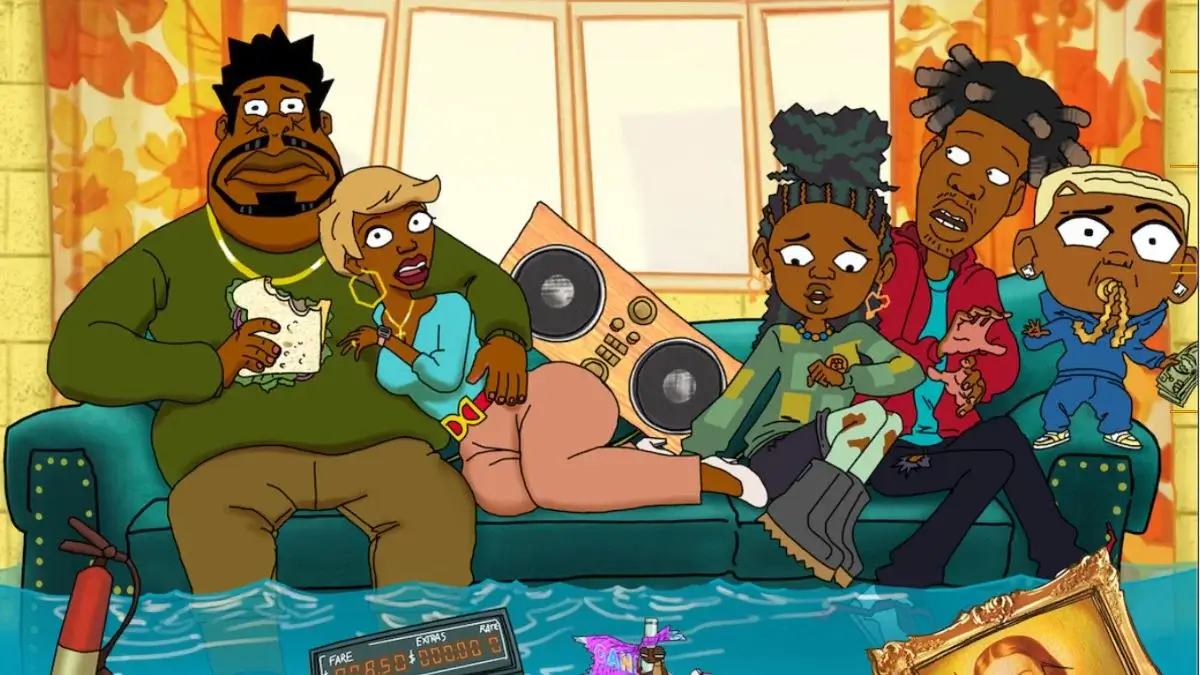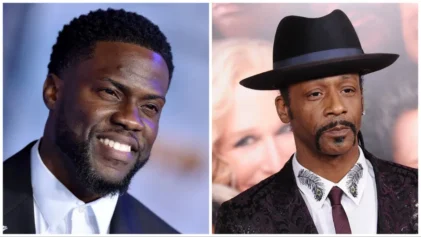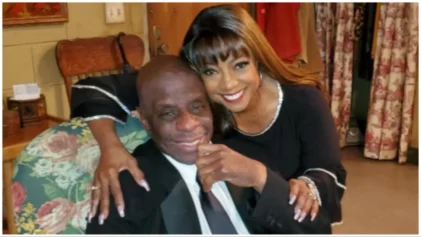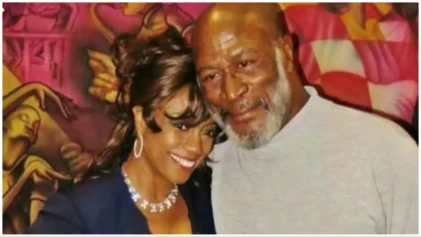The new Netflix animated reboot of the beloved 1970s series “Good Times” is inarguably the worst remake ever made. There’s no other way of saying it. It’s offensive, indulges in excess enough to make you squirm, and is just atrocious television.
What adds insult to injury is that some solid names are behind bringing this horrid reimagining to life. Created by Ranada Shepard and Carl Jones, the series has been executive produced by NBA superstar Stephen Curry, superlative animator-filmmaker Seth McFarlane (Family Guy, Ted, American Dad!), and the late Norman Lear, who created the original “Good Times.”
The OG “Good Times” premiered in February 1974. Starring Esther Rolle, John Amos, Jimmie Walker, BernNadette Stanis, Ralph Carter, and Ja’Net DuBois in key roles, it was the first show to feature a working-class two-parent African-American family, a massive feat for Black representation on television. Created by Eric Monte and Mike Evans, it centered around the Evans family as they tried to keep their head above water living in a public housing project in the southside of Chicago.
A spin-off from another sitcom called “Maude,” in which Rolle played Florida Evans, the house help of the eponymous protagonist, “Good Times” broke ground with its witty, endearing, and entertaining portrayal of a Black family trying to navigate life in the 1970s America. It ran on CBS for six seasons from 1974 to 1979.

The new adult animated reboot follows Reggie Evans, the grandson of James Evans from the original, living in the same house with his wife Beverly and their three children, much like the Evans of old. Though the Netflix series, which premiered on April 12, scrambles hard to connect threads with the original in whatever way it can, the similarities between the two ends here.
The original Evans were an amusingly motley group, their differences creating fertile ground for ample, irreverent situational comedy. However, with the Evans of new, this disparateness has been stretched to an appalling extreme.
Reggie is a cab driver who gets swindled by every passenger and is barely able to make ends meet. Their eldest son, Junior, a graffiti-loving muralist, is repeating the 10th grade for the third time. Next is the activist daughter Grey, and the third sibling is Dalvin, a drug-dealing, gangster infant living on the streets. Yes, you read that right. You do not need to suffer the ignominy of watching all the ten episodes. Just the 53-second intro is enough.
In less than a minute, the show reinforces every Black stereotype there is — women with big ballooned butts, middle-aged dafts trying to avoid police, graffiti-painting, slang-shouting teens, drug-dealing gangsters calling each other “n—s” before “Good Times” pops on the screen with the subhead “Black Again.” This show takes us back a millennia. Not even an all-star voice cast featuring Yvette Nicole Brown, J.B. Smoove, Wanda Sykes, Jay Pharoah, and Marsai Martin can save it.
Forget adding meaningfully to the source material or playing with it in a way that pushes the envelope or starts pertinent conversations, Netflix’s “Good Times” is a classic example of a streaming giant trying to exploit and capitalize on existing IP by turning it into trash just because it can. The anger that the show’s trailer met with was not unwarranted. The series only reinforces the audience’s worst fears. If they could see danger from miles away, how could creative masters of McFarlane and Lear’s stature not?
By greenlighting projects like “The American Society of Magical Negros” and now “Good Times,” production studios are undoing all the good work that the black community has been carefully putting out over decades to change their perception in public consciousness. We need smart, subversive commentaries like “American Fiction”, or poignant portrayals of the African-American struggle as shown in “The Holdovers”, “The Color Purple,” or “Shirley”. Every irresponsible film or show does more damage than wasting time. It shapes popular opinion, rewrites history, and alters the future.


